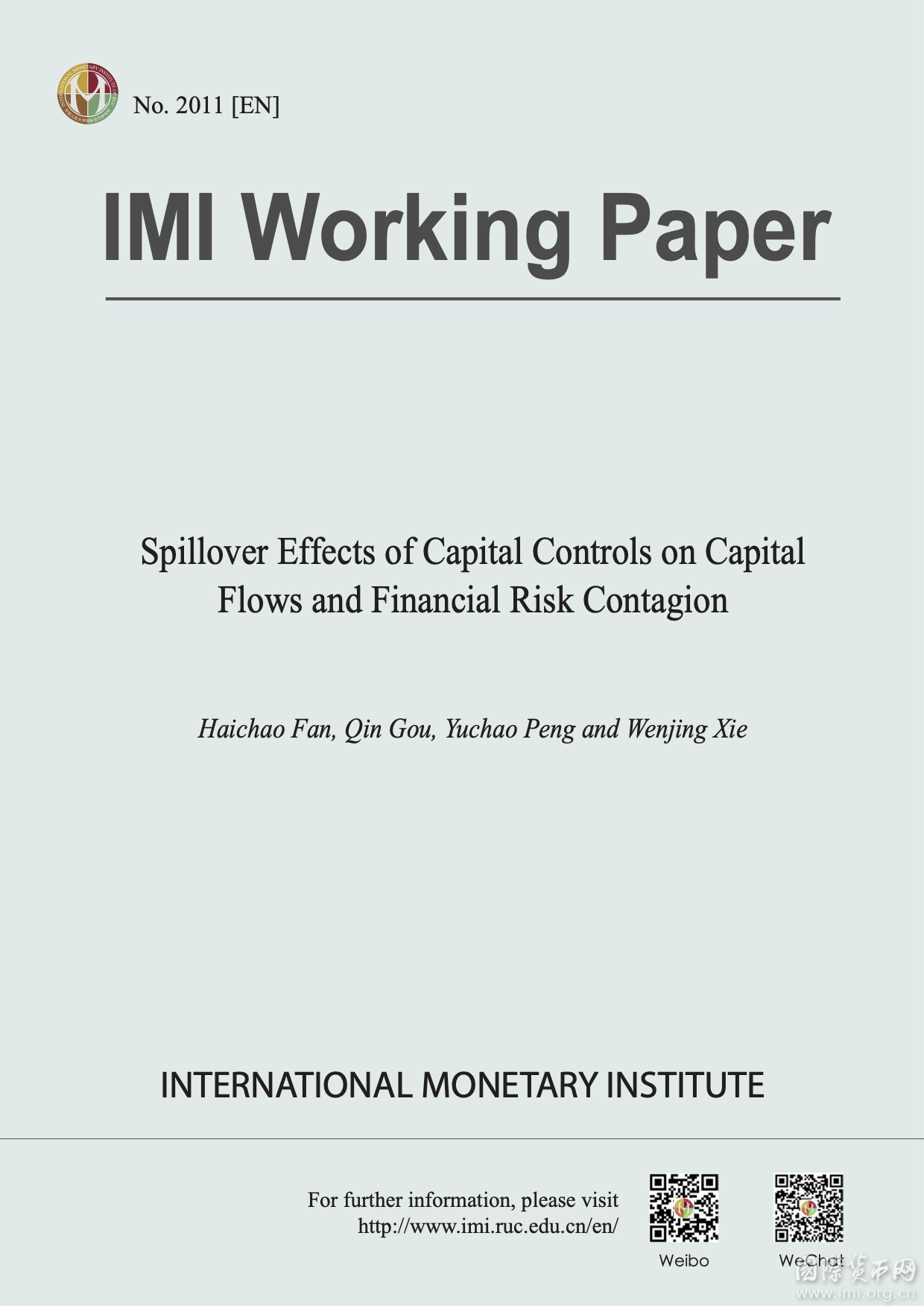【Abstract】
This paper aims to explicitly investigate the multilateral effects of capital controls on capital flows and the risk contagion from global financial shocks to emerging market economies (EMEs). Using a comprehensive portfolio allocation data set from EPFR and a newly constructed high-frequency similarity-weighted average capital control (SWACC) index of the rest of the world in 19 EMEs from 2001 to 2015, this paper then empirically explore the spillover effect of capital controls on capital flow and capital price co-movement. We find that SWACC is positively associated with the global fund's portfolio weight allocated to a country, the total portfolio flows into that country, and the capital market co-movement between that country and the advanced countries. Further analysis shows that these impacts are more pronounced for capital inflow control or, in extreme circumstances, when capital flows are extremely high or low. Our results are robust to a variety of alternative measures, regression designs, and methods.
【Keywords】
Capital control; capital flow; spillover effect; risk contagion; emerging market
【Authors】
Haichao Fan, Institute of World Economy, School of Economics, Fudan University, Shanghai, China, and a research fellow at Shanghai Institute of International Finance and Economics, Shanghai, China
Qin Gou, School of Finance, Central University of Finance and Economics, Beijing, China
Yuchao Peng, Research Fellow of IMI, Renmin University of China, Beijing, China; School of Finance, Central University of Finance and Economics, Beijing, China, and a research fellow at Belt and Road Finance Institute, Central University of Finance and Economics, Beijing, China
Wenjing Xie, School of Economics and Finance, Shanghai International Studies University, Shanghai, China.
